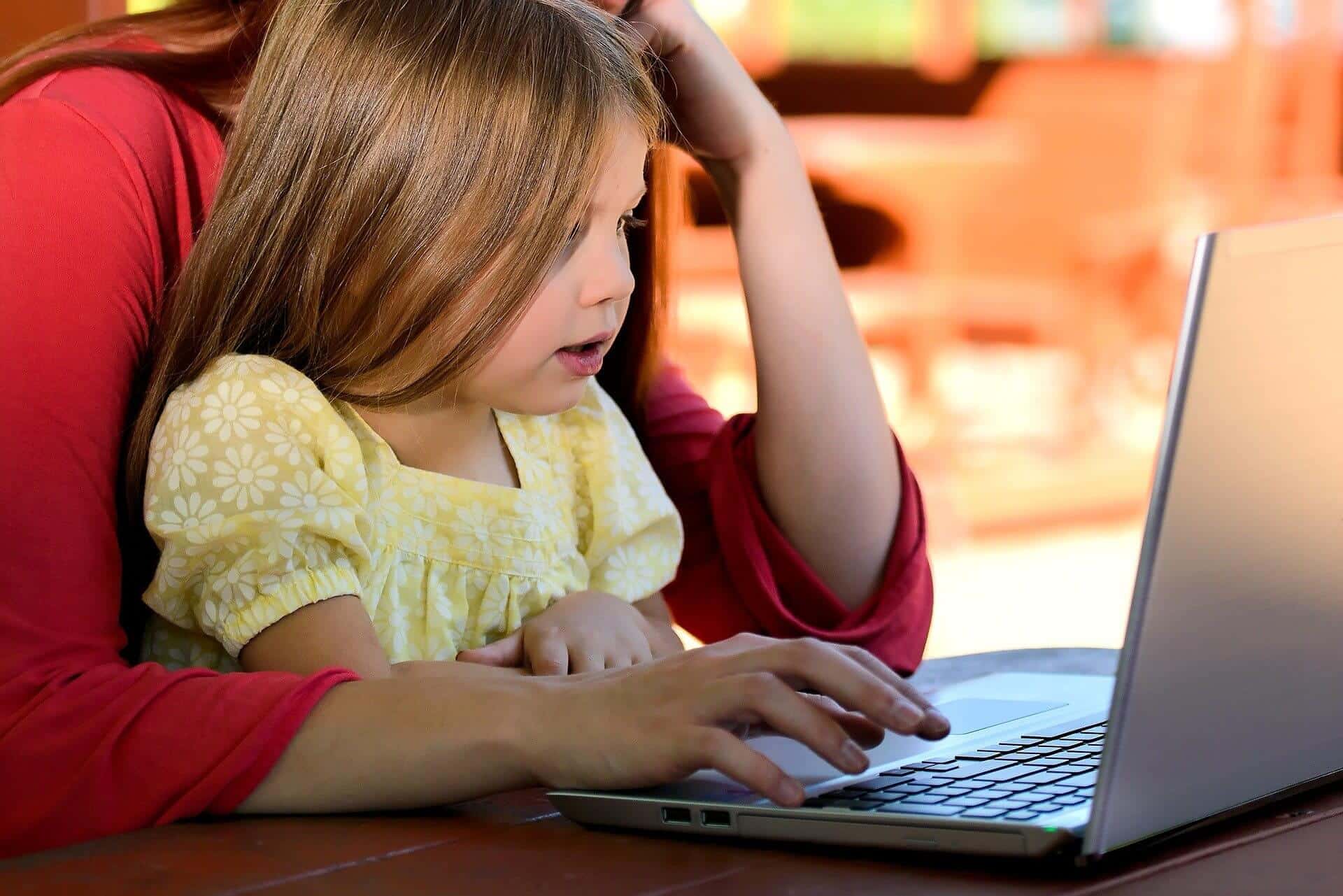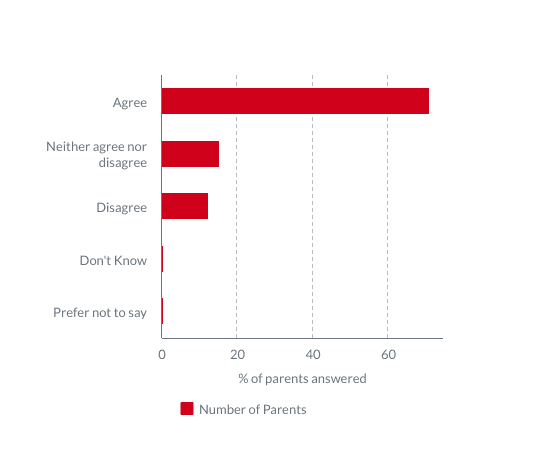
WORKING from home is a daily reality we are all too familiar with by now – but for students, it’s all about learning from home.
Many have found it rather difficult to adapt to these changes, and this new way of life has also had a huge impact on parents and teachers, with home-schooling proving a challenge for everyone.
Maud Miller is an ex-teacher who is now the chief executive of an educational technology company that makes revision plans for students studying independently. Over lockdown, she has been working with schools and students on getting them organised, motivated and productive, with a personalised daily plan while home-schooling.
“If schools aren’t providing tech, it’s not through lack of trying, it’s through ‘poverty’ at a school level- which is a very real problem under this governmental administration.”
When asked whether she had noticed changes in learning beyond moving online, she said: “Students have more gaps in their knowledge and there is less confidence.
“All our students RAG (red, amber, green)-rate their confidence on every subject, module and topic, and in February/March those were looking pretty much on track. By June the red-ratings were sky-rocketing as students felt less and less confident with their subjects.
“It’s been stark to see how much anxiety has been caused by that sense of falling behind. Changing the structure of the exams has helped, allowing schools to drop certain papers that won’t get covered, for example, but generally there’s a sense of loss of control from children.
“They feel more at sea than they did last year; we’ve surveyed them on this and all the feedback is around anxiety, uncertainty and loss of control.”
The graph below displays data from the Office for National Statistics, after it asked parents to agree or disagree with the statement “The child/children within my household are continuing to learn whilst being homeschooled.”

Although parents seemed to be mostly comfortable with the level of their children’s learning, there are still worries whether they are getting the most out of their education.
But it’s not just students who have been struggling with this adaptation to learning, says Miller. “Teachers are incredibly overworked, trying to fill these gaps caused through no fault of their own.
“It’s been proven that students can’t take information in when they’re in a state of panic, and that panic has pervaded for months now. Teachers are doing their best to catch up, but it’s been months of lost time and they’re feeling exhausted.”
Homeschooling does not come without its struggles and there has been concern about the accessibility of technology available to students – technology that is necessary for their learning.
Miller says: “Schools have been brilliant in giving out laptops and iPads to students in need, but they’re hobbled by their funding. The problem is that the schools with greatest need are the schools with the least money; the independent schools can provide tablets and laptops to all their students, most of whom already have their own, from their parents.
“The state schools with high proportions of students on free school meals are perennially under-funded, and the criteria for accessing free laptops etc has shifted repeatedly this year. So if schools aren’t providing tech, it’s not through lack of trying, it’s through ‘poverty’ at a school level- which is a very real problem under this governmental administration.”
When asked about the impact that learning from home has had on children once they have eventually returned to school, Maud had this to say: “I’ve heard anecdotal evidence that in early years, students have been struggling to socialise again; forgetting rules of behaviour and appropriate interaction with others.
“Some of my teacher friends have noted a similar effect, although less marked, at secondary level; students are acting out more, due to the sense of uncertainty and loss of control.
“Kids love boundaries; it makes them feel safe. The changes they’ve had to deal with over the last year have moved the goalposts for them, and left them feeling more belligerent, as their lives are upended around them.”



